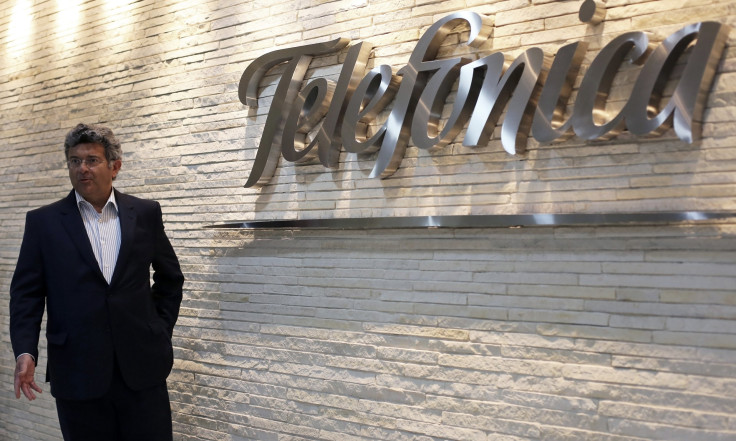Telefónica, TIM Brazil Want Better Conditions In Latin America Mobile Phone Market

Spanish telecommunications giant Telefónica (MCE:TEF) wants to expand its presence in Latin America, and it wants more cooperation from governments in the region. The company, which is currently present in 14 countries in the region, with 215 million users as of June 2013, stated its goals on Thursday during the telecommunications conference Futurecom in Rio de Janeiro.
Santiago Fernández Valbuena, president of Telefónica Latin America, spoke of the great opportunities in the Latin American communications market, which has grown by 10 percent in the last four years. The low penetration of smartphones -- 14 percent of handsets, as opposed to 30 percent in Europe -- makes it an attractive location for investment.
But in order to exploit that potential, Valbuena said governments and legislators should cooperate. He asked for more flexibility in technical matters, like installing antennae, and better tax conditions.
This last complaint is common across the industry. José Formoso Martínez, vice president of telecom company Embratel (BVMF:EBTP4) and chairman of Sinditelebrasil, the industry association in Brazil, stated that mobile companies in his country pay 23 billion reais in tax ($10.5 billion) a year, of which 75 percent for the tax known as ICMS, the Brazilian sales tax.
Rodrigo Abreu, president of mobile telecom company TIM Brazil (BVMF:TIMP3), criticized the “hostile environment” for mobile companies in the country that makes it hard to provide good service. According to the International Telecommunication Union, Brazil has the most expensive cell service in the world. “It is just incomprehensible that we have the priciest service, and yet the worst coverage,” Abreu said.
Futurecom was held amidst a climate of change for telecommunications on the continent. Brazil, the largest market economy in Latin America and the biggest cell phone market, has a lot going on. Portugal Telecom (ELI:PTC) is right now in the middle of a merger with Oi, Brazil’s largest operator, while TIM Brazil is facing the risk of being sold, as Spain's Telefónica decides on a strategy after expanding its participation in TIM's parent company, Telecom Italia (BIT:TIT).
© Copyright IBTimes 2024. All rights reserved.











